by John Mancini
The ebb and flow of empires, societies and cultures… these are the elements that make western culture what it is today. More specifically, the spreading of ideas, agriculture and religion across different, often disparate cultures accounts for the rich diversity that makes up our combined heritage.
This “cultural diffusion”, as it is often called, also usually involves centuries of imperialism and violent upheaval.
For instance, the advance of culture in the Mediterranean, especially from the Middle East, devastated Ancient Greece and ended the Bronze Age there – but the collision between Phoenician traders and Greek citizens also helped lay the foundation for the Classical Period in Greece. This, in turn, spread across the Adriatic into Southern Italy, influencing the Romans and setting the stage for what would later become the Renaissance in Italy.
But let’s start from the beginning… with the Phoenicians.
They came from the Fertile Crescent, or Eastern Mediterranean (today’s Syria and Lebanon). They were a Canaanite culture that spread from 1550-300 B.C., and were unique in their advancements, especially when it came to shipbuilding and governing. In fact, their alphabet provided the basis for all later “phonetic” alphabets.
These merchants and magi were both revered and feared by the Greeks, who referred to them as the “traders in purple” (due to the rare Murex sea-snail that produced the dye they used in their clothing). They were a fierce seafaring people who carted objects from Egypt and Assyria, told tales of distant lands, friendly or hostile natives, and exposed their hosts to rare materials they had never seen before.
The Invasion of the Sea Peoples, as it is sometimes called, had both positive and negative effects on Greek culture. Initially, contact with the more advanced culture of the Phoenician raiders decimated Greek rule, destroyed their cities and plunged them into a Dark Ages for nearly five hundred years.
The Mycenaean Age was abandoned, its palatial cities burned, and its literacy lost. Greece experienced a massive population shift and a decline in arts and craft. But despite their political defeat, much of Hellenic culture persisted.
Greece actually emerged from this tumultuous period a more advanced civilization – in fact, they enjoyed the most rapid advancement of any civilization in history, accelerating their developments in arts, sciences, language and maritime rule. The “cultural diffusion” experienced at the end of the Mycenaean Age actually helped Greece transition from the Archaic to the Classical period, when they emerged as a polycentric seafaring civilization – one with a rich Pan-Hellenic religion that included Egyptian, Semitic, Iranian and Indian influences.
It was then time for the Greeks themselves to extend into other territories…
“Magna Graecia” is what the Greeks called their colonies in Southern Italy. Between the 8th and 5th century B.C., Greek rule expanded to include coastal cities from the Mediterranean to the Black Sea. “Great Greece” would eventually be comprised of coastal city-states from the Iberian Peninsula all the way to Asia Minor.
As Plato said, “We Greeks sit around the sea like frogs around a pond.”
Meanwhile, the ancient Italians, especially Southern Italians, trailed behind the Greeks in material progress for centuries (much like Greece lagged behind their eastern neighbors). Metallurgy in Italy developed around 1800 B.C. as opposed to 2800 B.C. in Greece, and the Iron Age didn’t begin in Italy until 900 B.C. (about 400 years after it did so in Greece). Sicily, with its lucrative copper and iron mines, became one of the first Greek overseas efforts, which took place in 800 B.C. – thus beginning a campaign of Greek colonization in Southern Italy that lasted about 250 years.
Ancient Greek civilization at the beginning of the Iron Age was eclectic to say the least, and not nearly as uniform as Etruscan civilization. They promoted productive competition among their various city-states, and they were tolerant of many beliefs besides their state sanctioned religion, Hellenism.
Egyptian tribes that developed along the southern coast of Sicily, for instance, were allowed to erect their own temples, and eventually their gods were incorporated into the Greek pantheon as well. (Dionysus, among others, was thought to have come from Egypt.)
But these ancient Greek city-states, which dotted the coasts of Italy, Western Turkey and Greece still corresponded with Phoenician trade routes, and contact with the Persians continued for hundreds of years.
Indeed, it was the Persian invasions in the 5th century B.C. that helped unite Ancient Greece, especially following the decisive Greek victory at the Battle of Marathon in 490 B.C.
But back in Southern Italy, Greek colonization wasn’t over…
From 500 to 400 B.C. many Greeks, like the famous statesman and general
Pericles, were still pressing for an Athenian city to be instituted in Italy. Empedocles, a Greek pre-socratic philosopher, also signed up to be a part of this “new city,” one that was to be founded on the most rational principles of the day.
Although Athens was a strong naval power, there was so much fighting in the Pan-Hellenic colonies at this time that it was impossible for the Greeks to maintain order within their dwindling population. Italians were too busy fighting the Persians, and eventually there just weren’t enough Greeks to populate a distant colony.
Although the new city,
Thurii, did eventually gain approval from the
Delphic Oracle, it was to be one of the last colonies of Magna Graecia, only lasting about five years before succumbing to neighboring invasions. Thurii’s allegiance with Rome led to the Pyrrhic War from 280-275 B.C.
Greece suffered a lot during this period, including not only attacks from Persia, but also Italy as well as Carthage – most notably the second Punic War, during which Hannibal demolished the Greek colonies.
Meanwhile, Rome, which had become a new power by 300 B.C., was busy forging alliances among the coastal city-states of Magna Graecia. The old independent Greek colonies along the coast of Southern Italy soon lost their independence and became supporters of the Pax Romana. Once Central Italy and Carthage had formally established themselves, it pretty much spelled the end of Greek maritime rule, and Greece lost hold of their Italian colonies. They were too busy defending themselves from being cleaned out by invaders on all sides.
The Romans finally conquered Greece in 146 B.C. at the Battle of Corinth.

Although the independent Greek spirit was officially subdued in Southern Italy, it had forever transformed the country. The cultivation of the vine and olives, which the first Greek settlers had brought with them, survived – along with many of their gods, such as Apollo and Heracles, who soon became Italian characters.
In the Middle Ages, Constantinople took control Eastern Italy, and there was a sharp divide among Italians. Western non-Greek Italy, for instance, did not share the language of eastern Italians, and remained separated.
These findings provided the seeds of one of the most important cultural movements in Western civilization. Boccaccio’s discoveries also coincided with the end of the Dark Ages, when royal power was finally replaced with secular societies, and the Greek spirit officially returned to Rome in the “re-birth” of classical culture that we know as the Renaissance.
Magna Grecia, in a way, lived on in her successors, much to our everlasting benefit.
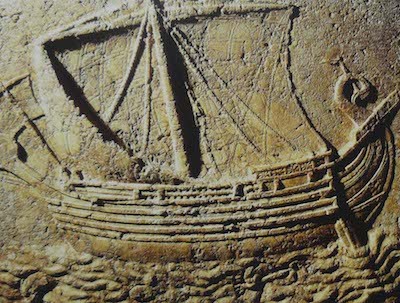
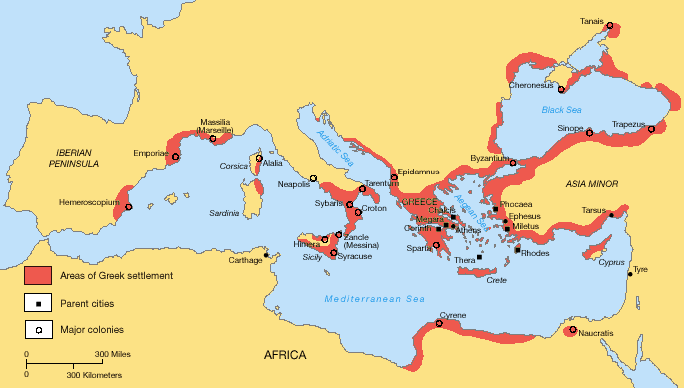
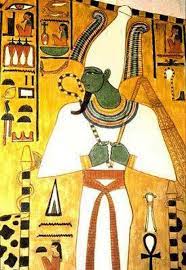
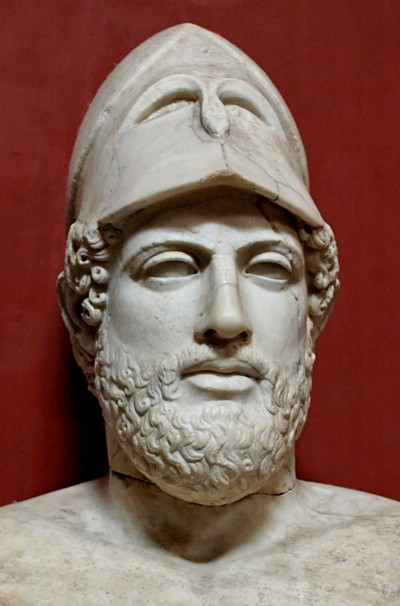
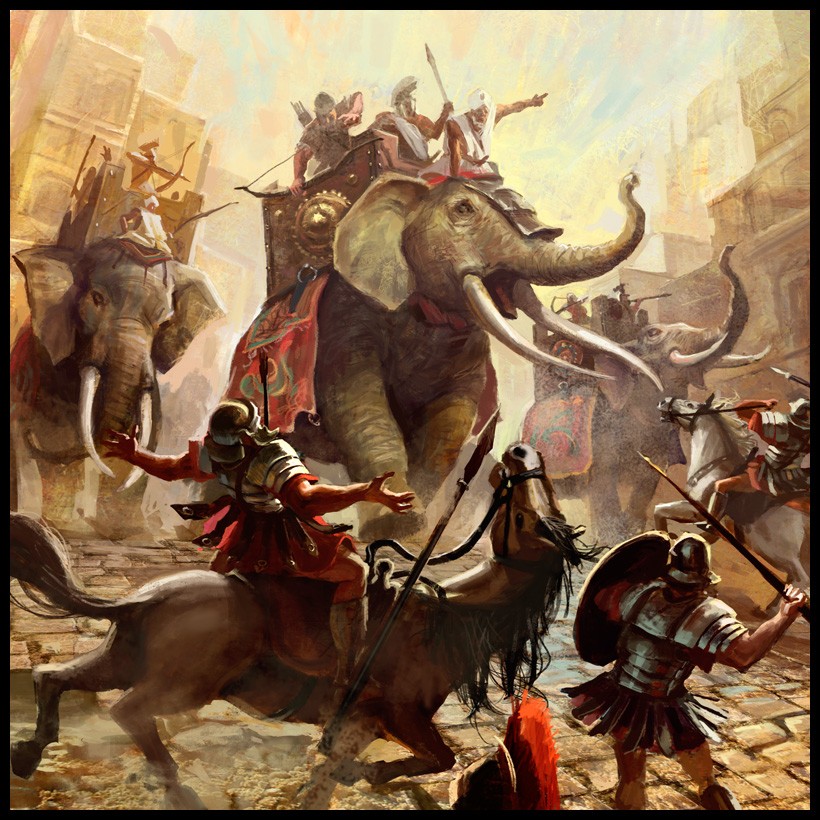
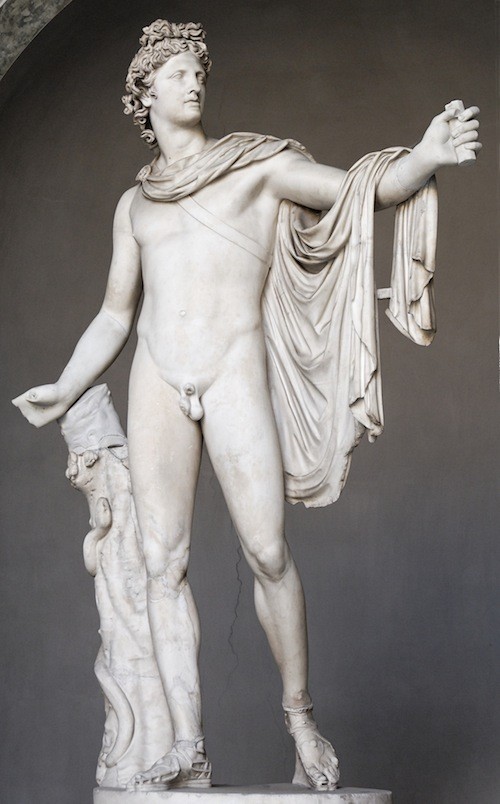









4 comments
Love the history!
very much enjoy essays like this. It reminds us of our Greco-Roman roots. Gilbert Highet’s book the CLASSICAL TRADITION is being reprinted in May with a new introduction.
ANCIENT GREEK COLONISATION.
The foundation myths of the Greek colonies around the Mediterranean and Black sea (especialy in modern day S. Italy, Crimea, Marseille) , reflect the important role of the major panhellenic sanctuaries in the colonisation process.
The founding of a colonie presupposed knowledge of the topography and the resources of the regions earmarked to receive the colonists.
The sanctuaries, to which bypassing seafarers and merchants came as pilgrims, were centres where such information was collected and exchanged.
Oracles on the founding of colonies are known to have been delivered by the sanctuaries of Dodone, Zeus-Ammon in Libya and of Apollo at Delphi, which undoubtedly held precedence.
These oracles were a guarantee of the safe outcome of the operation and boosted the colonists’ moral.
The “oikistes” (ΟΙΚΙΣΤΗΣ=leader of the “advance party” of colonists) was a person of high social status who undertook to implement whatever the god prophesied, establishing not only the political istitutions but also the cults of the colony.
Many of the oracles pertaining to colonies were ambivalent, that is, in the form of a riddle which the “oikistes” had to uncode and solve.
This is explained by the awareness of the many dangers the colonists would have to confront.
Concurrently the sanctuaries too, reaped significant benefits from the colonies’ founding.
Their influence extended beyond the narrow local bounds and the cults were spread to new regions.
For the sanctuary of Delphi in particular, its active participation in the colonies’ founding established it in the people’s mindset as “cosmos” center.
On the other hand, luxurious ex-votos from the extended Greek world were set up in the panhellenic sanctuaries of the motherland (metropolis), such as of Delphi and Olympia…
ANCIENT GREEK COLONIZATION / DISCOVERY .
It always boggles the mind, why the “so called historians whenever they discuss the Greek discovery / enlightenment of the entire world, they “always stay within the bounds of the so called “known boarders” – meaning, as an example that Alexander The Great only traveled to India and stopped.
How are we to then explain how Ptolemaios, his Naval Admiral / General, had, not only traveled to Oceania, New Zealand, Antarktika, and had mapped the entire area, and, with the maps of Ptolemaios, the Portuguese traveled to Oceania – Australia, about 800 years before the English set foot in Oceanic to fish tuna..!
Take a moment and access the link below, which lists all the Ancient Maps of the Global Greek Empire, showing 1000s, upon 10s of 1000s of cities all over the Ancient World with their Greek names, although, the so called historians write about the so called colonization in, and within the narrow boundries of the so called Alexander the Great travels.
http://thesecretrealtruth.blogspot.com/2014/07/blog-post_806.html
It begs the question why such travels of Alexander the Great, to the North of Europe, Russian, Siberia, all over the Pacific Ocean area, are never written about.
Thankfully for the proliferation of the internet system, the enlightenment, the education, the GNOSSIS was not, and has not been lost, in fact it has become a torrent, and the entire world & all humanity is the beneficiary.
Consider the more recent travels of the Ancient Spartans, going back not more than 10.000 years, who traveled to Asia, Polynesia Islands, and crossed to Latin America – these populations are currently known as the Araquans.
Or, the native populations of the “red skinned Indians of North America, who, at about 1820, circulated a “secret letter” written “in code” to all the First Nations to warn all of the First Nations Populations of the danger they faced from the annihilation of their populations by the Anglo-Saxon-Zionist-American invaders : this “secret letter written in code” – was written in Ancient Greek..!!! [ probably a co-incidence ].
The review of the article above tells us that “the Phoenicians were mighty warriors and the Greek populations were in panic over their invasions of the Greek Lands : [ interesting ] – I cannot understand why the writer does not inform the global population that the Phoenicians are Cretans / Ancient Greeks of Cretan Provenance, who continue to be alive and well, in the areas known as Syria, Lebanon, Palestine, Egypt, Jordan, Mesopotamia, even to this day and age.
ARISTOTELIS ELLINAS
Trackbacks
Our apologies, you must be logged in to post a comment.